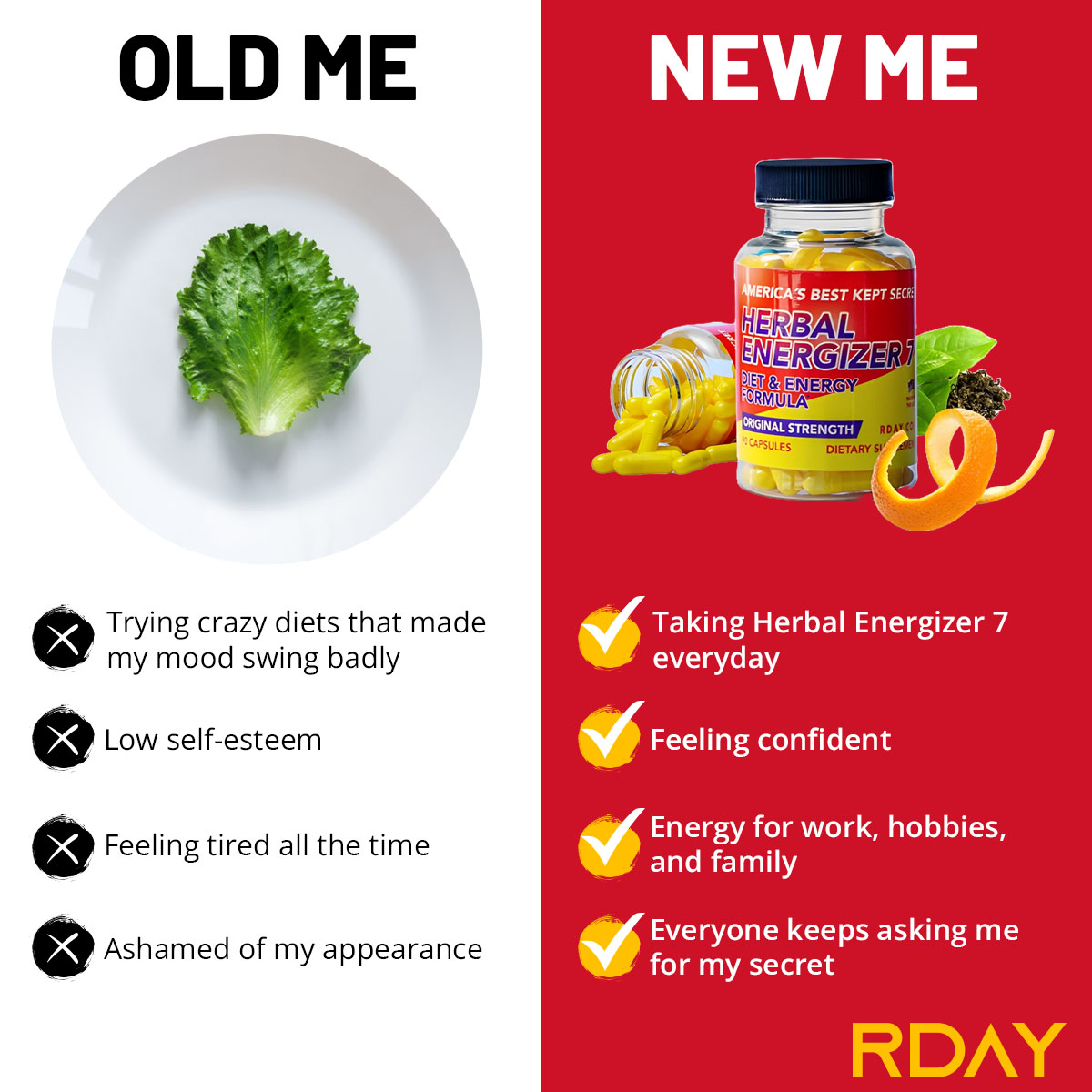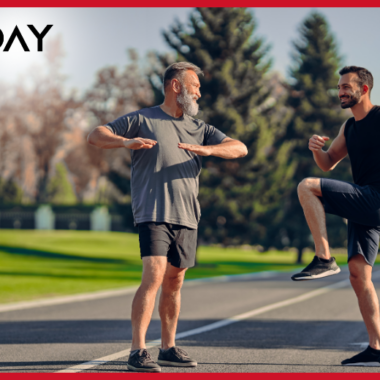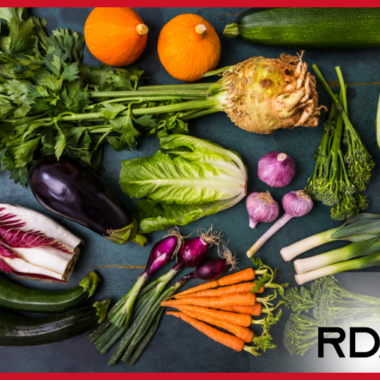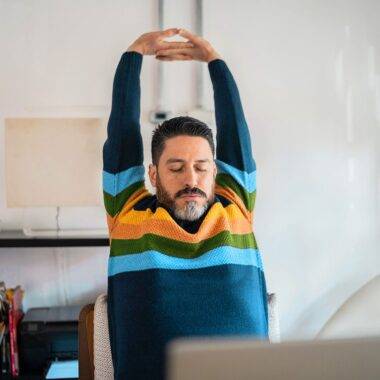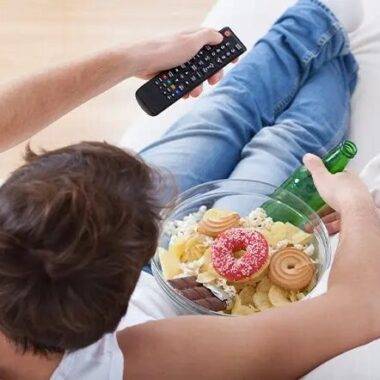Experiencing fatigue after meals can be frustrating. Various factors are to blame, including dietary choices, underlying health conditions, and lifestyle habits. Understanding the potential causes and implementing strategies to combat this issue can significantly improve your overall well-being and energy levels.
Feeling sleepy after eating can be a natural result of digestion patterns and sleep cycles. Factors that may play a role include the type and amount of food a person eats.
Some types of foods and the timing of meals can also make people feel especially tired after a meal. A decrease in energy levels after eating is called postprandial somnolence.
Researchers have different theories about the cause of tiredness after eating, but they generally agree that it is a natural response and not usually a cause for concern.
Feeling tired, or having difficulty concentrating, after a meal is relatively common. A person may feel particularly tired, depending on what, when, and how much they ate.
Below, we discuss some reasons why a person might feel tired after a meal, and how to prevent it.
The type of food you eat
Foods rich in protein and carbohydrates can make people feel sleepier than other foods.
Some researchers believe that a person feels tired after eating because their body is producing more serotonin.
Serotonin is a chemical that plays a role in regulating mood and sleep cycles.
An amino acid called tryptophan, which occurs in many protein-rich foods, helps the body produce serotonin. Carbohydrates help the body absorb tryptophan.
For these reasons, eating a meal rich in both protein and carbohydrates may make a person feel sleepy.
Tryptophan occurs in foods that are rich in protein. These include:
- salmon
- poultry
- eggs
- spinach
- seeds
- milk
- soy products
- cheese
Foods that contain high levels of carbohydrates include:
- pasta
- rice
- white bread and crackers
- cakes, cookies, donuts, and muffins
- corn cobs
- milk
- sugar and candy
People often eat a combination of protein and carbohydrates before bed, such as cereal with milk.
How much food you eat
A person may be likelier to experience postprandial somnolence after a large meal.
People who eat larger lunches may experience more of an afternoon slump than those who eat less at midday. Eating causes blood sugar to rise, and a dip in energy may follow.
Other factors can contribute to tiredness after eating:
- poor sleep at night, which can lead to tiredness throughout the day
- drinking alcohol with a meal, especially during the daytime
Feeling tired after a meal can be frustrating, especially after lunch, when a person may need to be alert.
A drop in energy during the day can be particularly dangerous for people who work in risky conditions, such as those who operate machinery or vehicles.
A 2017 studyTrusted Source of the effects of eating on the performance of night shift workers found that those who ate at night performed worse and were more sleepy at 4 a.m. than those who had not eaten.
The following strategies can help prevent tiredness after a meal:
- Eat little and often. Rather than eating big meals, eat smaller meals and snacks every few hours to keep up energy levels. A piece of fruit or a handful of nuts should be enough to cure an energy dip.
- Get good-quality sleep. A person who gets enough sleep at night is less likely to experience a significant post-lunch energy dip.
- Go for a walk. Getting light exercise during the day, especially after eating, can help people feel less tired.
- Take a short nap during the day.
- Try bright-light therapy. Authors of a 2015 studyTrusted Source found that exposing people to bright light after lunch reduced tiredness.
- Avoid drinking alcohol with meals. Alcohol can make people feel more tired.
If a person is continually tired after eating, and it is affecting their quality of life, they should speak to a doctor.
The following medical conditions could contribute to excessive tiredness after eating:
- food intolerances or allergies
- celiac disease
- anemia
- diabetes
Many people experience a dip in energy after eating. Large meals and meals rich in protein and carbohydrates are most likely to make people feel sleepy.
In most cases, a dip in energy after eating is a natural biological response.
However, if this is getting in the way of daily activities, a person may benefit from changing the contents and timing of their meals. If these types of changes do not help, see a doctor.

Our top-rated Energy Supplements can provide a natural energy boost packed with vitamins and minerals. You might experience increased mental clarity, improved stamina, and heightened awareness – all without the nasty side effects of stimulants! Call RDAY at 800.447.8841 or follow us on Instagram.
Reference: [https://www.medicalnewstoday.com/articles/323379#summary]




